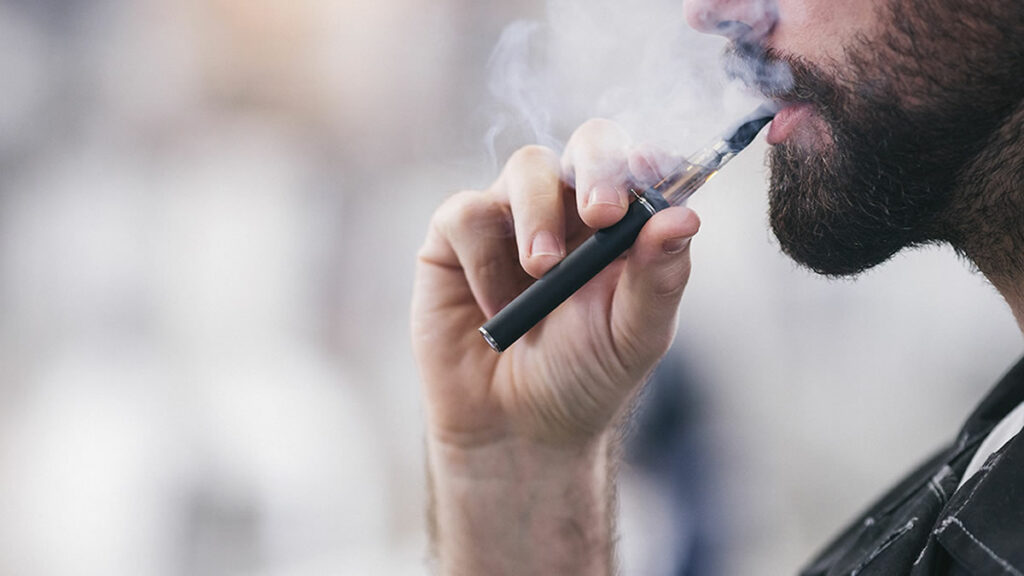Judge Rules State Cannot Enforce FDA Authorization Status for E-cigarettes
A federal district court has granted a preliminary injunction, temporarily blocking the Iowa Department of Revenue from implementing and enforcing most provisions of House File 2677 (HF 2677), a state law designed to create a directory of permissible vapor products. The court found that the law’s core requirements likely violate the U.S. Constitution’s Supremacy Clause by improperly encroaching on the federal Food and Drug Administration’s (FDA) exclusive authority to regulate tobacco products.
HF 2677, enacted in 2024, mandated that only e-cigarette products with FDA marketing authorization, or those marketed before August 8, 2016, with a Premarket Tobacco Product Application (PMTA) submitted to the FDA by September 9, 2020 (and still under review or in litigation), could be legally sold in Iowa. A coalition of vape manufacturers and retailers, including Iowans for Alternatives to Smoking & Tobacco, Inc., challenged the law, arguing it would decimate the market by removing over 99% of currently available products.
In her May 2nd ruling, Chief U.S. District Judge Stephanie Rose sided with the plaintiffs on the preemption issue. She determined that HF 2677 effectively established a state-level enforcement mechanism for federal PMTA requirements. This, she found, allowed Iowa to substitute its own enforcement discretion for that of the FDA, which is contrary to the Federal Food, Drug, and Cosmetic Act (FDCA) that reserves such enforcement authority exclusively for the federal government. “Iowa’s acknowledged purpose in enacting House File 2677 — to address ‘federal non-enforcement’ — precisely illustrates why Congress vested enforcement authority exclusively with the federal government,” Judge Rose wrote.
The court emphasized that while states retain broad powers to regulate tobacco sales (e.g., through age restrictions or flavor bans), they cannot condition market access on compliance with federal authorization standards in a way that usurps FDA’s discretionary enforcement role. However, the court did allow a provision requiring out-of-state manufacturers to appoint an in-state agent for service of process to remain in effect.
Interestingly, Judge Rose rejected the plaintiffs’ separate claim that the law violated equal protection by potentially treating tobacco-derived and synthetic nicotine products differently. She found the Iowa Legislature could rationally perceive unique risks associated with synthetic nicotine products, particularly concerning youth, thus justifying differential treatment.
This preliminary injunction temporarily halts the implementation of Iowa’s vape directory while the litigation proceeds. The case highlights the ongoing legal complexities and tensions between state and federal oversight in regulating vapor products, a pattern seen as similar “PMTA registry” laws are challenged in other states.
- UK Announces Mandatory Vape Tax and Duty Stamps from 2027 - February 10, 2026
- Sri Lanka Travel 2026: Total Ban on Cigarettes & Vapes - February 5, 2026
- NY Tax Proposal: Hochul Targets ZYN with 75% Levy - January 29, 2026


